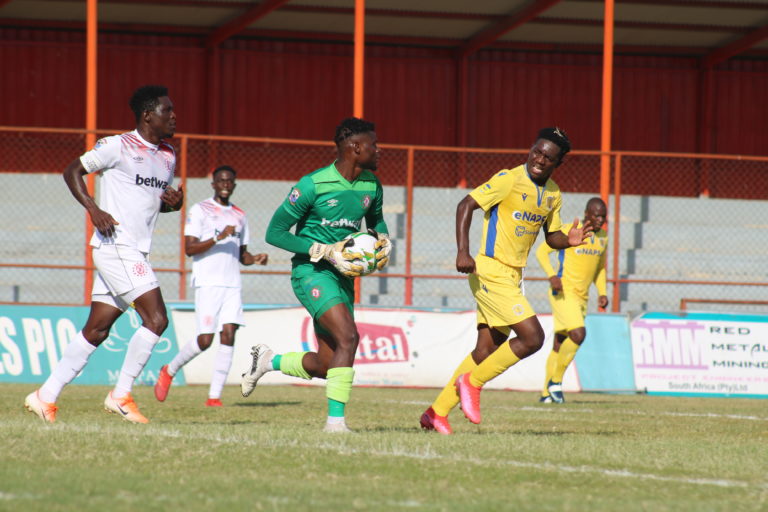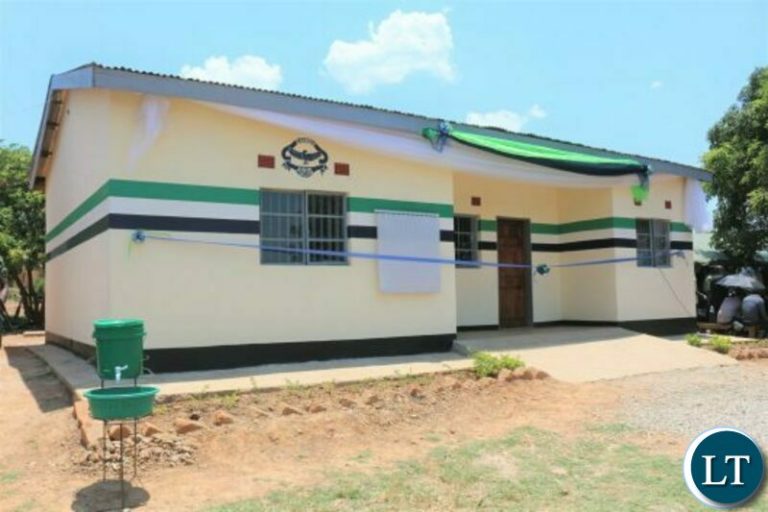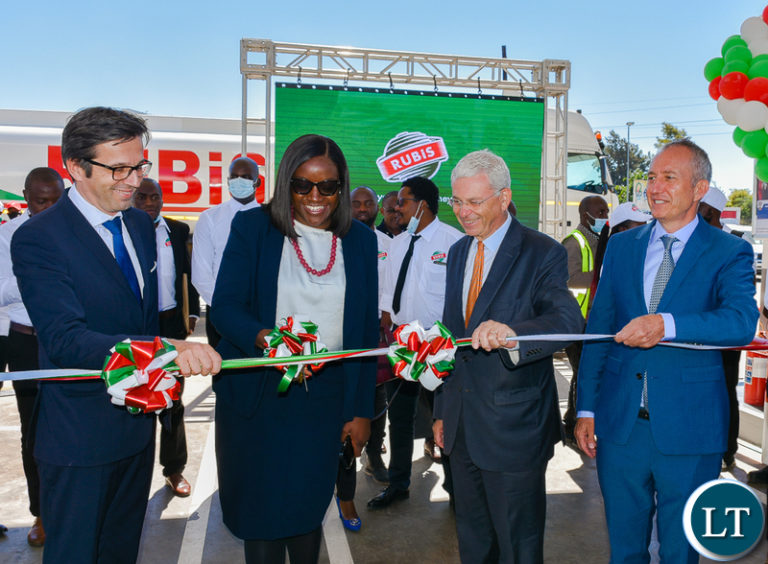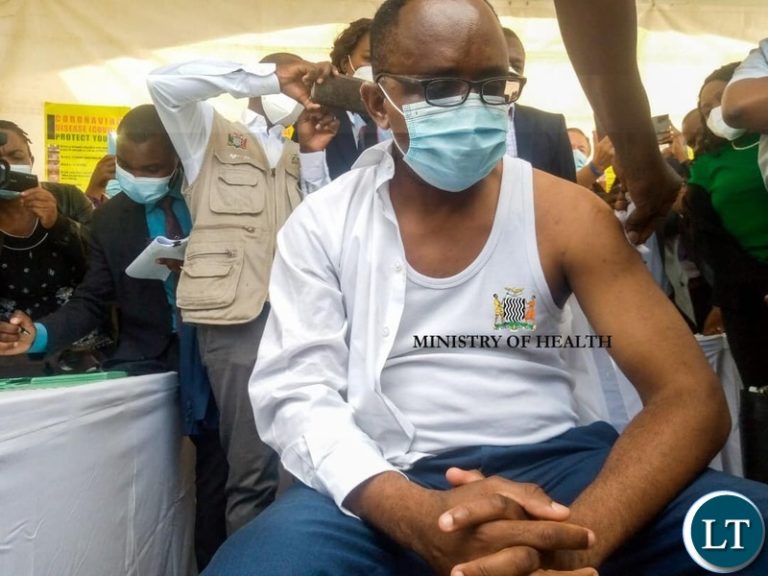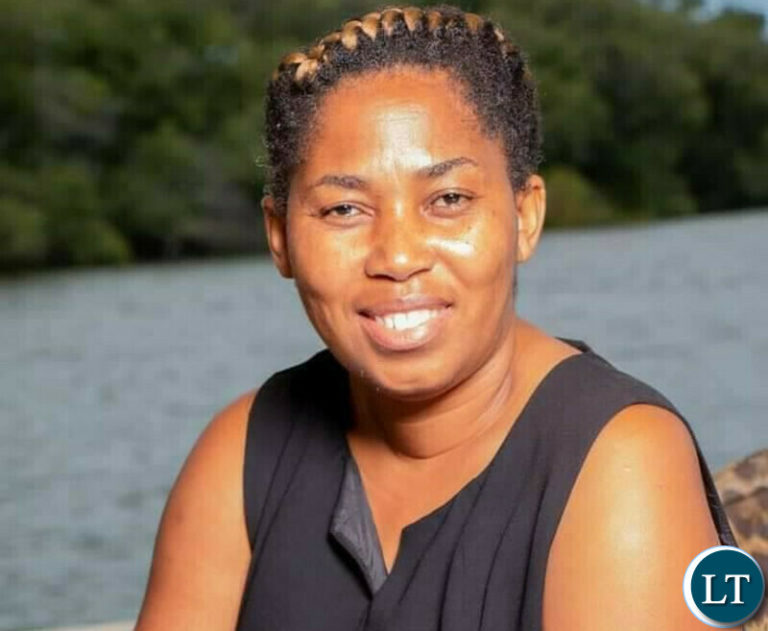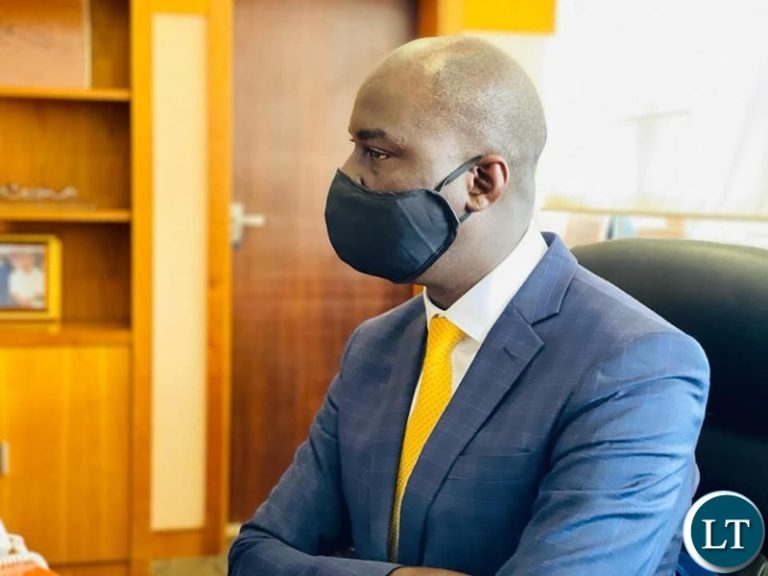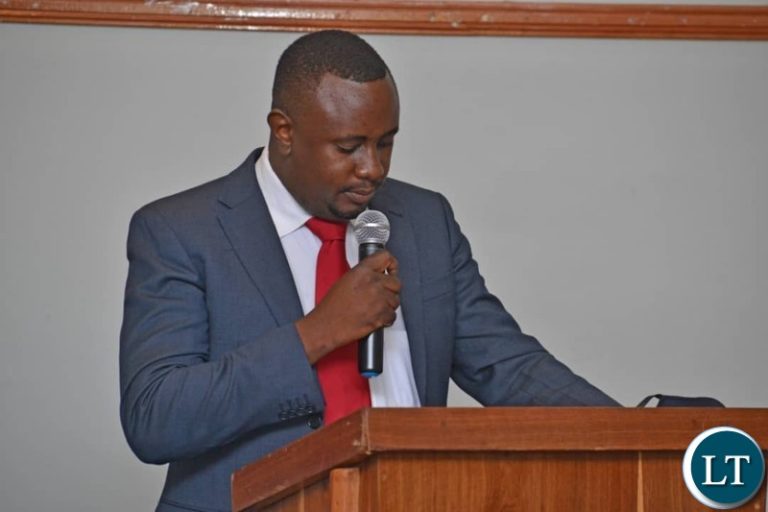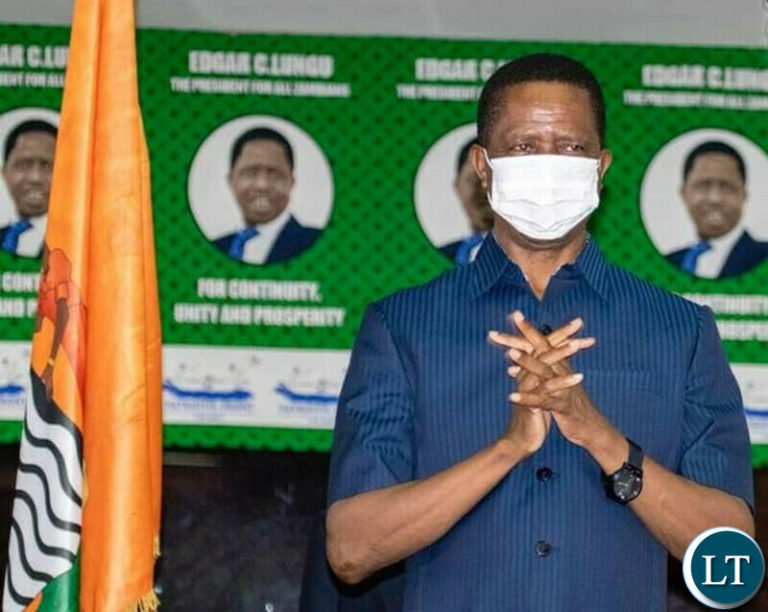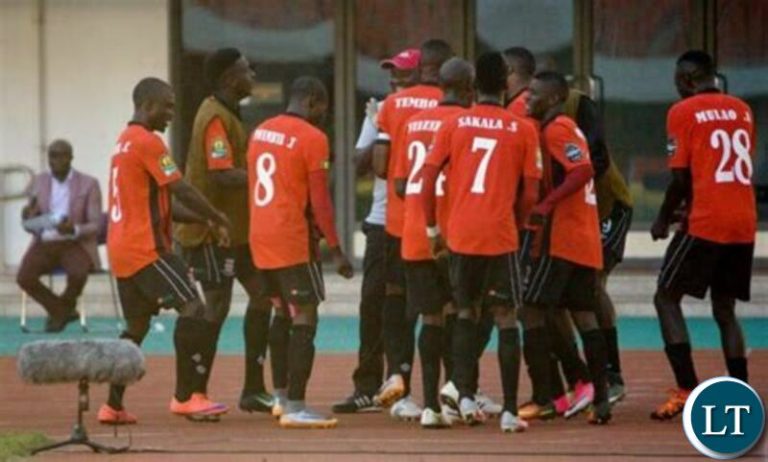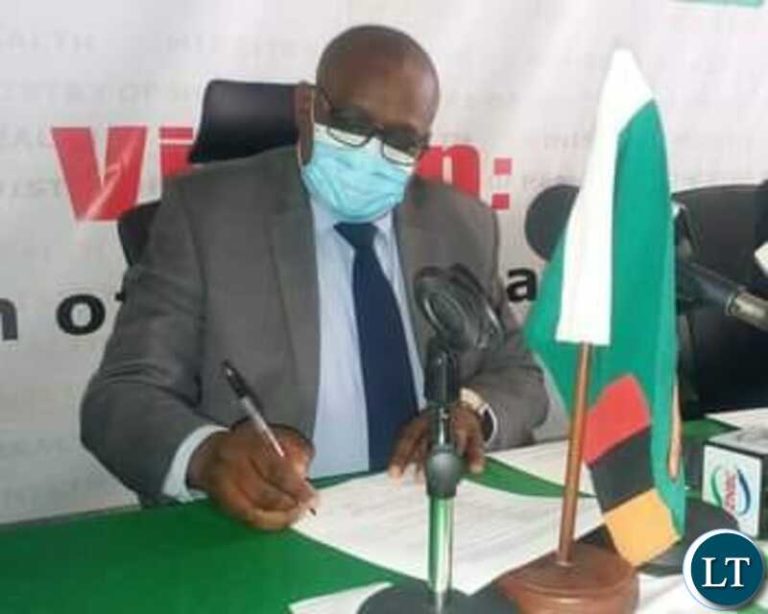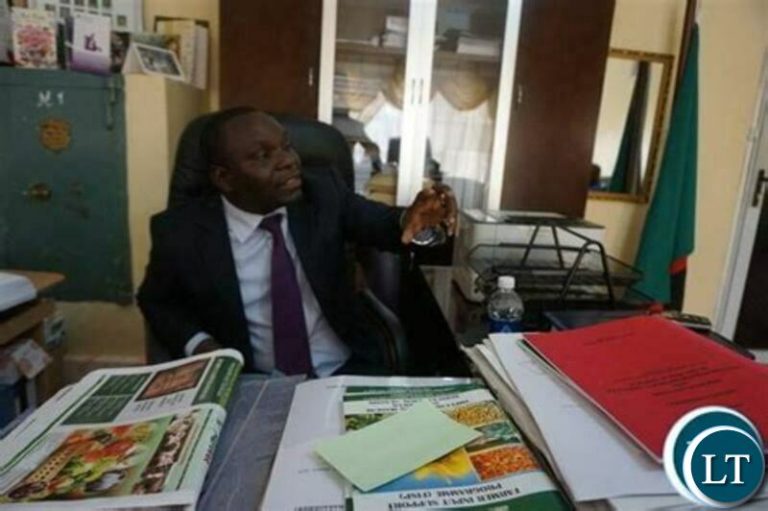By Dr Parkie Mbozi
ON SATURDAY 1st May 2021 opposition leader Chishimba Kambwili did what to many observers say was the inevitable – return to the Patriotic Front Party, ostensibly to go and ‘eat together’, as put by PF party secretary general Davies Mwila (quoted in the News Diggers on 3rd May 2021).
Kambwili’s return to the PF party and its leadership that he despised and insulted not many moons ago has generated a lot of speculation and debate about the primary motive behind and the value he takes back to ‘his vomit’, as some have put it. Whatever the motive, Kambwili now faces two courts: the courts of law and the court of public opinion.
Regarding the value he takes back, one school of thought posits that he is a spent force, coward, hypocrite (you name it) whom few voters will never take serious again. How can the person who once said umwine wacisushi tafwisa mate (Lusaka Times, 27th July 2019) be taken seriously again after ‘eating his vomit’ or returning to the same cisushi he despised? A lot of his previous admirers and voters will be excused for seeing in the ‘new’ Kambwili a hypocrite not to be listened to, let alone taken serious again.
A Lusaka Times blogger, Mzambia wa Zamani, for instance, wrote on May 1, 2021, “Unprincipled leader, prevaricator, equivocator, opportunist, harlatan, phony, a big fraud, pretender …never ever trust Chishimba Kambwili again if you value trustworthiness, truth and walking the narrow path.” In statement published in this paper on 5th May 2021, Bishop Simon Chihana asked, “How shall the people of Zambia take him from now on?”
After all, they argue, his own party, the National Democratic Congress (NDC) never made any inroads in the political landscape other than for high pitched vulgarities. For the entire four years+ of its existence the NDC never won a single seat in councils and the win in the Road constituency by-election is highly credited to the work of the alliance with the UPND, and particularly of the UPND strongman and chair for the Copperbelt Elisha Matambo. When NDC was formed five years ago it was assumed that Kambwili’s perceived influence would lead to wins for the party in Bembaland, especially the Copperbelt. It never happened. Wherever NDC competed against the UPND and the other alliance partners, it lost. This includes in perceived strongholds such as in Kitwe (Lubwa ward in July 2019) and Luapula, when NDC came third to the Greens and Reds respectively. In one ward it was even beaten by Andford Banda’s PAC. In short, other than adding to a voice to political advocacy and rhetoric, Kambwili and his NDC never made any impact in changing the political landscape, notwithstanding the in-fighting that consumed part of its formative stages.
On the flip side, the PF (at least top brass) and possibly a number of voters and ardent admirers, believe Kambwili will add some value to the PF’s campaign for the August 2021 elections. In any case he is credited for traversing the Copperbelt with then PF candidate Edgar Lungu during the 2016 elections.
How the PF and its supporters feel about Kambwili’s value to the party is up to them and not my business in this article. Perhaps it will be for another day. What is of focus is the potential conundrum that the judicial system (courts and prosecuting authorities) and the PF face following Kambwili’s return to the PF. This is in the light of the public perception about Kambwili;s motive or reason for going back to the PF, and not any other party on the market.
The current Minister of the Ministry of Information and Broadcasting Services (MIBS) –Dora Siliya – as an opposition MMD MP then, while debating in Parliament around 2012, once recited the famous quote, “Perception is reality.” This means that, “If you are perceived to be something, you might as well be it because that’s the truth in people’s minds” (quote from the Internet). I will add Ivanka Trump’s quote, “Perception is more important than reality. If someone perceives something to be true, it is more important than if it is in fact true.” Wise words indeed!
So, using the above wonderful analogies, let us dwell on the perceptions under the present circumstance, assuming that indeed “perception is reality”. Reading from the plethora of media comments, Kambwili went back to the PF willingly or forcefully to save himself from going to jail and from additional sentences for the other cases he is facing. On 14th October 2020 Kambwili was convicted and handed a one-year jail term for forgery disseminating false documents. His appeal against this sentence is still pending. Two weeks ago, Kambwili was found with a case to answer in a matter in which he was charged with 39 counts of forgery and being in possession of property reasonably suspected to be proceeds of crime amounting to over K5 million. At the time of re-joining the PF he faced another case of defaming the President. He was recently acquitted of this case.
Adding to the narrative that Kambwili’s return to PF is in search of relief, in an article titled “Kambwili’s decision to rejoin the PF is out of duress, it does not represent his true political feelings” published on Lusaka Times on 3rd May 2021, the Patriots for Economic Progress (PeP) party, a former opposition alliance partner of NDC summed it up, “His decision to rejoin the ruling PF party is not something that he did out of his own volition but was compelled to do so using varying amounts of duress and blackmail by the PF and its Government. On one hand, Honourable Kambwili was inundated with countless and often baseless criminal charges, and on the other hand, his business enterprises were curtailed so that he remained with a very limited source of livelihood.”
A Lusaka Times blogger calling him/herself MM , for instance, wrote on 1st May 2021, “PF is a safe haven for him. His court cases are getting too hot for him. The return to PF has nothing to do with principles. He thinks PF will protect him from jail time. Who knows, it may happen!” When receiving Kambwili on 1st May Mwila said the party would use him because, in his words, nobody hires a top striker like Ronaldo and leave him on the bench. Question: in exchange for what?
Kambwili’s own lamentations fuels the ‘surrender’ and relief narrative. Upon his release from prison Kambwili is quoted in News Diggers of 26th April 2021 saying, “I have got a bill with the lawyers, a huge bill. If I am arrested again, what happens to the paying of the huge legal fees? If I am arrested again, I will need a lawyer. Already, I have got cases pending, six cases and I am still paying lawyers. I don’t want to commit another trumped-up charge because all the charges I have been given are trumped up! But even in war, my sister, there is a plan and then you kind of retreat, then you attack, it’s a strategy, just wait and see. Wait and see what is going to obtain, but this thing of saying, ‘I am joining PF’ is neither here nor there.”
Going by these public perceptions, the PF and judicial system, will be spotlight as to how the Kambwili cases proceed from now on. Already the ‘soft’ resolution of defamation case against LUSAKA businessman Valden Findlay maybe perceived as step 1 of things to come. In the bigger scheme of things, independence of our judicial system is what is in the court of public opinion.
This author agrees with Bishop Chihana that it “would have been better for him (Kambwili) to resign from politics for now until his life was sorted out.”
The author is a Head of the Governance and Socio-Cultural Research Programme at the Institute of Economic and Social Research, University of Zambia. He is reachable on [email protected].


